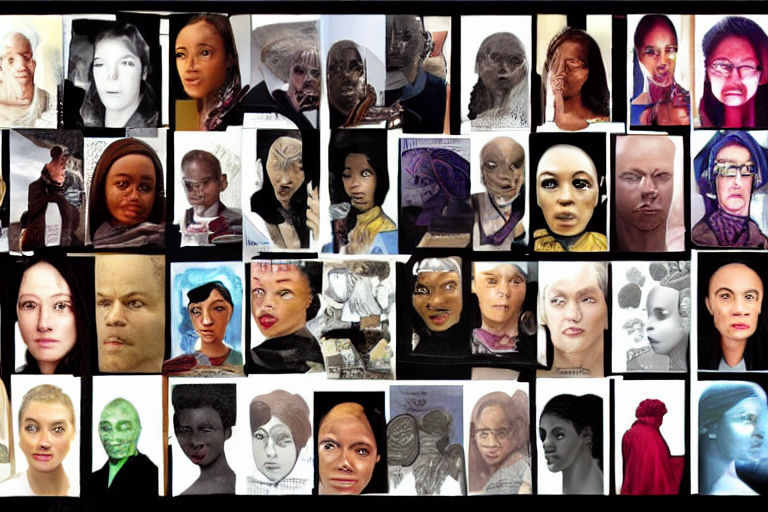The Power of Diversity: How Women and People of Color are Changing Science Fiction
Science fiction has been a popular genre of literature and film for many decades. It has been known for bringing imaginative and futuristic worlds to life, filled with mind-bending technologies, alien races, and all sorts of otherworldly adventures. However, one of the biggest challenges that the genre has faced is a lack of diversity; predominantly, it has been white men who have written and directed much of the science fiction we’ve seen. But now, things are starting to change, and this change is coming from women and people of color who are breaking down the barriers that once existed in the genre, paving the way for more inclusivity and representation.
The Rise of Women in Sci-Fi
While women have always played important roles in science fiction, they have often been underrepresented, and their contributions to the genre have gone unacknowledged. But that is increasingly becoming a thing of the past, as more women writers are now speaking up and being recognized as the powerhouses they are. Writers like Octavia Butler, Ursula K. Le Guin, and Margaret Atwood have paved the way for modern authors. Today, there is no shortage of women writers and directors creating uniquely feminist stories in this genre, from the award-winning works of Nnedi Okorafor to the thought-provoking stories of Charlie Jane Anders.
The impact of People of Color in Sci-Fi
In recent years, people of color have also been making their mark in the world of science fiction, bringing fresh perspectives and their own experiences to the genre. This has led to the creation of stories that are both socially and culturally diverse. Through their work, these authors, like Nalo Hopkinson, Nisi Shawl, and Ted Chiang, have opened up doors for a plethora of new and interesting characters who have stories to tell that have typically been overlooked.
The importance of Diversity in Science Fiction
One of the reasons that diversity in science fiction is so crucial is that it allows for representation in all forms of art. Science fiction, by its very nature, is concerned with the future and what is possible, making it one of the most imaginative and creative genres out there. Through the works of these new writers, we have been introduced to mind-bending concepts based on new experiences and perspectives that were not commonly seen or allowed in this genre. This now allows for new Star Wars or Star Trek stories with diverse casts and complex characters with new outlooks and ways of thinking.
In conclusion, the world of science fiction is transforming to be more inclusive as there is a higher representation of people of color, women and an array of diverse creative thinking through the recognition of the worth of each individual’s unique experience. Such diversity allows for new possibilities and stories that would have been considered unfeasible in the past.



